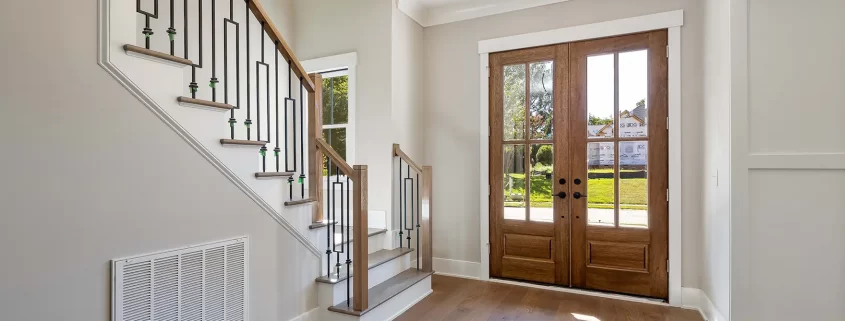Foreclosure and Rent-to-Own Agreements
Rent-to-Own Agreements have become more popular in Pennsylvania in the last several years as an alternative method of financing for buyers who are unable to get traditional mortgages. Sellers sometimes offer these agreements as a way to obtain financing without going through a bank. Under this arrangement, the owner of a property agrees to sell the real estate in exchange for a certain purchase price paid out over years with an interest rate sometimes either explicitly written out or built into a rental amount paid each month. Usually the rent-to-own buyer also pays all taxes and insurance on the property.
Rent-to-own agreements typically come with contracts laying out all of these terms and requirements for what happens when there is a breach of the agreement. However, if the buyer breaches the agreement, the seller often will sue for breach of contract or for a simple eviction instead of going through foreclosure. Here are a few things you should know about rent-to-own agreements.
1. Rent-to-own agreements are technically legal but are scrutinized by judges when enforcement is sought.
The first thing that you need to know about rent-to-own agreements if you are being foreclosed on is that rent-to-own agreements are technically legal under Pennsylvania law, but judges are often understandably skeptical of them. In other words, judges have a lot of questions about how these agreements should be enforced because they are basically an attempt to get around both the typical landlord tenant rules and the foreclosure rules by “falling into the crack” between these two areas of law. An agreement to rent-to-own makes you neither a renter nor a buyer.
However, it is important to recognize that that doesn’t make them illegal per se. They can be enforced and there still can be serious consequences for breaching the agreement.
2. Look at the contract you have first to determine what remedies you have.
As an initial matter, the first place you should start is with the contract. Often the rent-to-own contracts are not written well, and there may be ambiguity in the way the contract is construed. It is important to talk to an experienced litigation or real-estate attorney to learn more about how the ambiguities in the agreement might be construed under relevant statues and precedents. However, if the agreement lays out remedies and protections that you have as the buyer, these are some of the first protections you should be raising in pleadings or with the court.
3. Foreclosure may be an appropriate remedy for the seller.
If the seller is just suing you under breach of contract or attempting to evict you, you may have a right to insist that they go through the foreclosure process. There are strenuous protections for buyers who are being foreclosed on if they are failing to meet their mortgages. You may have a right to invoke these protections under many rent-to-own agreements. Whether you have these rights is a delicate question of law that depends on the facts of your specific contract. Therefore, it is important to consult with a lawyer if you are in this situation.
4. Do not try to handle this on your own.
There are some points in life where it makes sense to try to handle things on your own. When you are being sued, and potentially going to lose all of the equity you have built in a home, that is not the appropriate time to try to handle things on your own. Call an expert. Speak with a real estate and litigation attorney, such as those at Cornerstone Law Firm, so you can learn more about the protections that you have under the law.
Do not lose the investment that you have put out into your property.
If you have been investing in real estate for some period of time with a seller who now wants to go back on the deal, or evict you because you have fallen behind, it is extremely important that you protect your rights. Contact an attorney at Cornerstone Law Firm for a consultation on what can be done to protect those rights.



